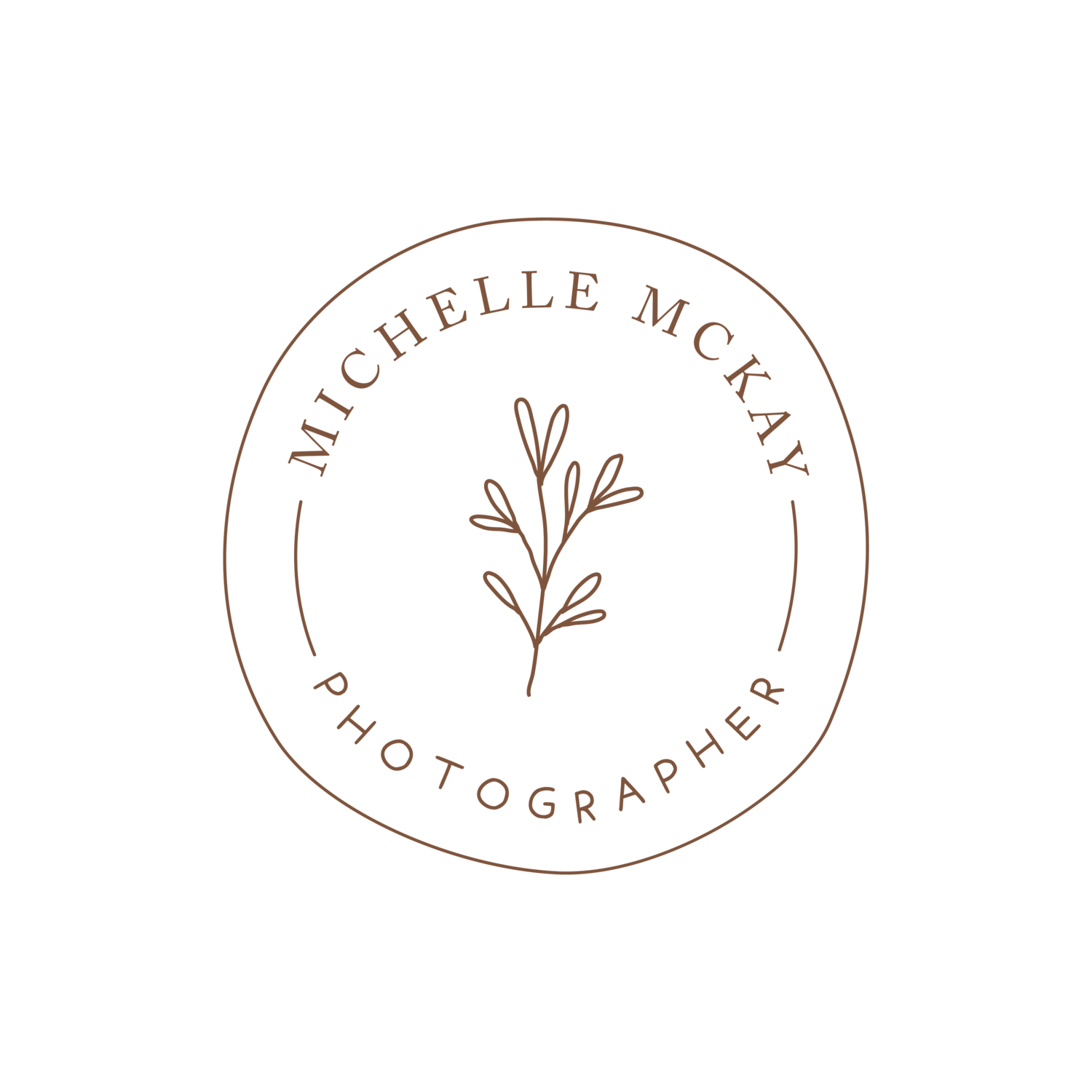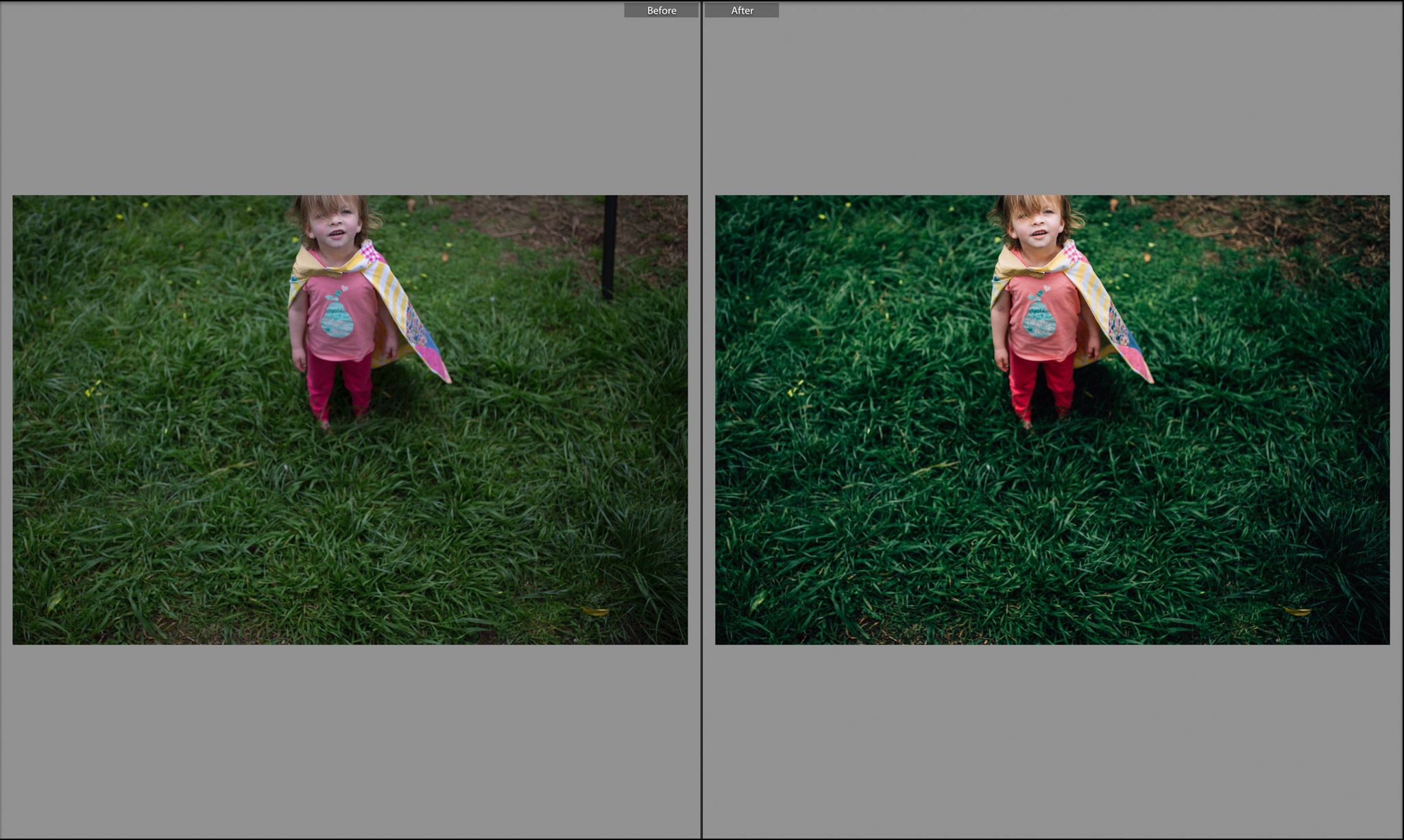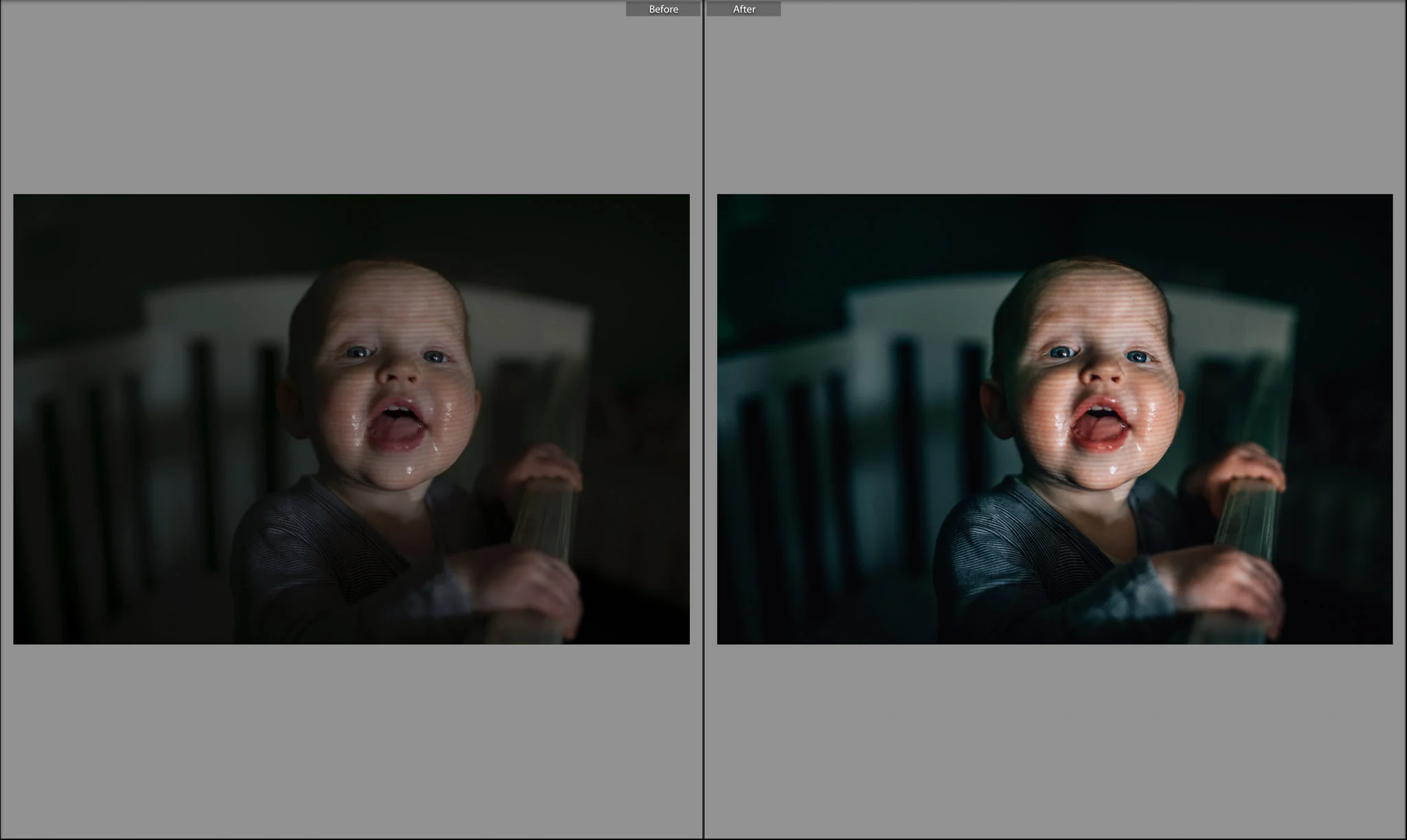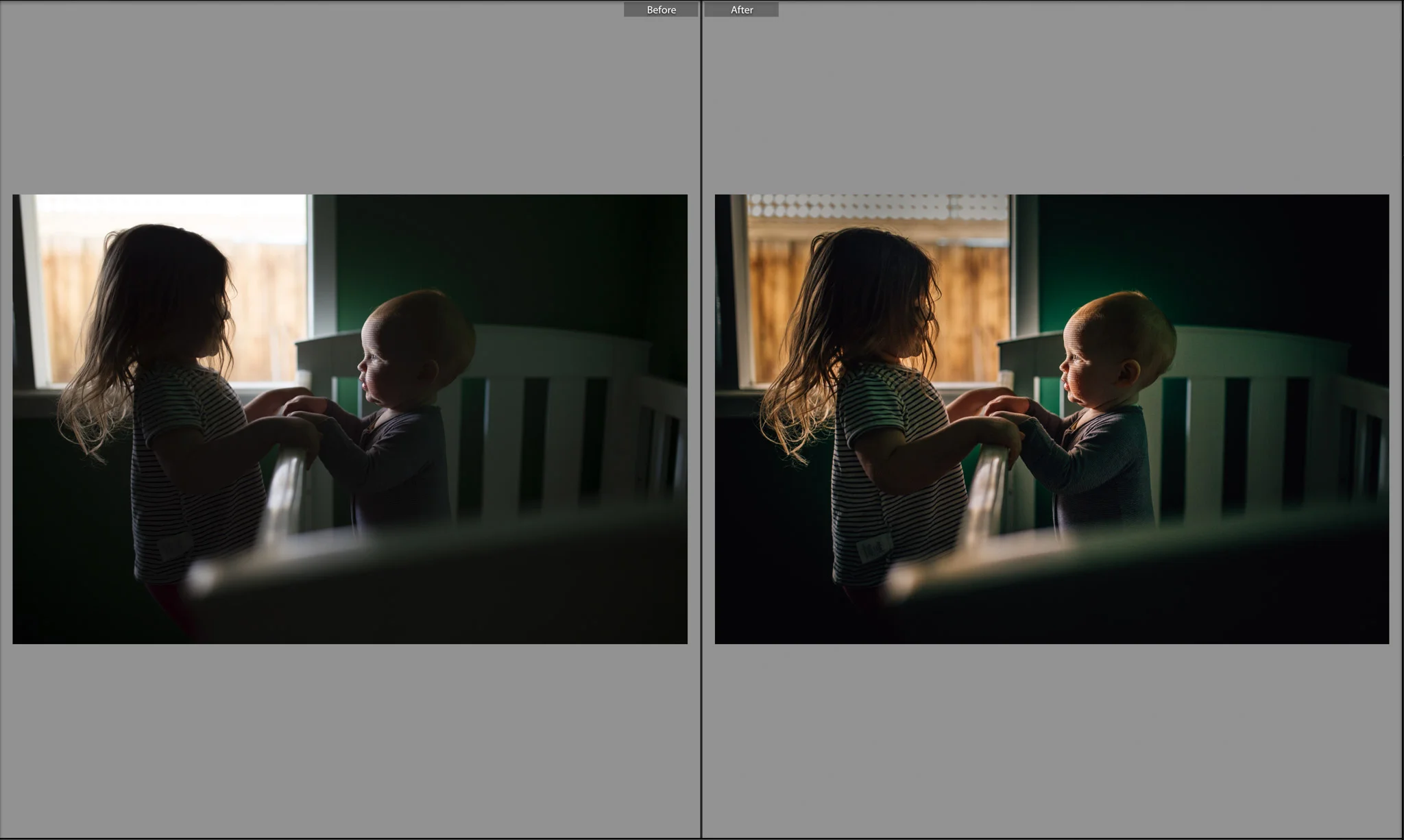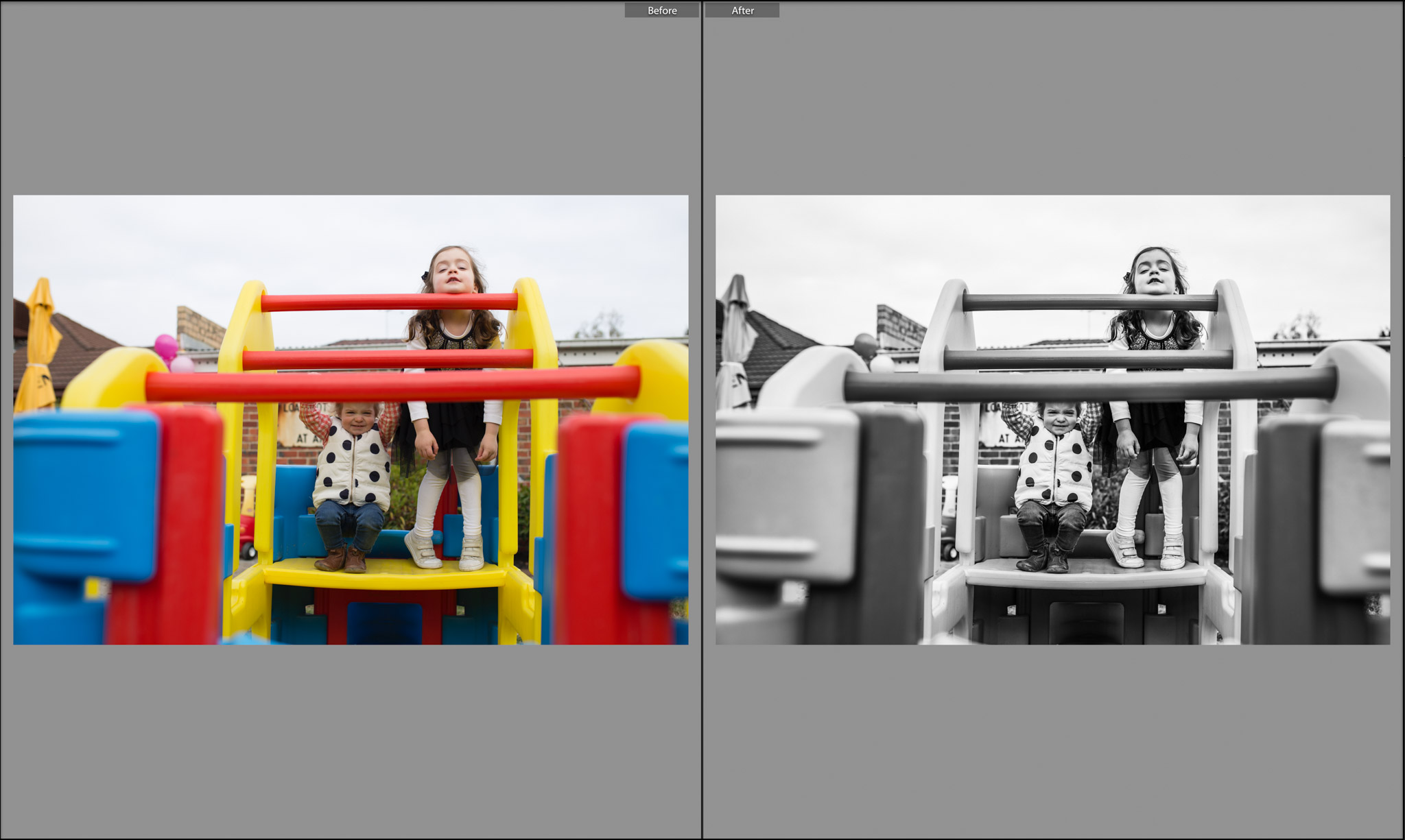BEFORE and AFTER: Geelong Photographer Michelle McKay shares the transformation of a photograph through the editing process.
A transformation: Post processing can take a photograph from pretty snap to stunning portrait.
There’s no denying that the makings of a strong and stunning photograph happen in camera - the talent and experience of the artist is so important in shaping the vision of the resulting capture.
But in order to create a photograph that transcends the humble snap and moves into fine art, a lot happens behind the scenes.
This isn’t a new idea - photographers have been influencing the aesthetic of their images beyond the reach of the camera since long before digital technology was a thing. In fact, some artists continue to develop their film in the dark room, manipulating their negatives to a desired end. As well, when film was the primary photographic medium, film stock was purposefully selected, so as to further dictate the ‘look’ and ‘feel’ of the resulting images.
While this process now typically happens in a digital darkroom, the artistry required remains.
A photographer who is also an artist works tirelessly and ceaselessly to refine their abilities, producing photographs that are not only a powerful record of a moment in time, but that might also some day transcend to artefact, becoming pieces of art, in and of themselves.
Below I’m sharing some ‘before and after’ examples of my work.
These images have been selected at random form my current Lightroom catalogue (that’s the name of my editing software). They demonstrate my typical process of transforming an image from a straight out of camera (sooc) image, to the resulting product.
I hope you enjoy this little peek behind the scenes.
Please feel welcome to ask any questions! x
FULL SUN
Full sun shooting presents many challenges, but it's also super fun. Check out the vivid colours of the first two images, and the sun flare in the third shot (achieved by shooting into the sun).
I wonder if you can identify some of the strategies I used (in camera and in post) to really enhance these photographs?
OVERCAST
Overcast light has the tendency to be quite flat, so post processing is often focused on providing 'pop' to the resulting images.
LOW LIGHT
The shots shown here were all taken using the limited light of a small window. Notice how the light drops away quickly after hitting the subject, leaving the background in relative darkness.
INDOOR
Indoor documentary photography can present its own challenges. Some of the challenges shown here include shadows, skin tones (newborn skin is tricky!) and white balance.
BLACK & WHITE CONVERSIONS
All images do *not* make good candidates for conversion to black and white. The photographs I choose for monochrome are selected purposefully, either to fulfil an artistic vision or to strengthen the impact of an image.
I wonder if you can identify what makes these images strong candidates for black and white conversion?
If you're a resident of Geelong or Melbourne, I'd love to document the beautiful ordinary life of your family. Get in touch. x
